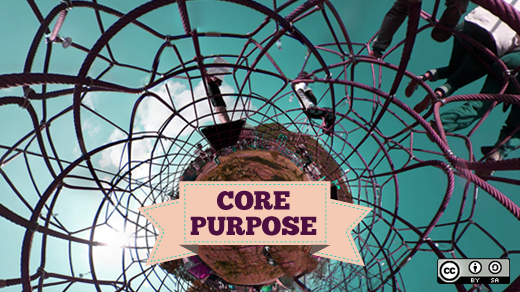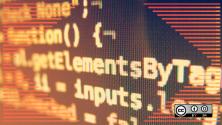Late last month, the Debian project voted to adopt a community code of conduct, a set of guidelines for acceptable participation in its official communication channels. Members agreed to abide by the following principles:
- Be respectful
- Assume good faith
- Be collaborative
- Try to be concise
- Be open
The project also cemented a formal process for altering the code: only a vote from the Debian general assembly can amend the community's code of conduct.
In ratifying this general resolution, Debian joins a host of high-profile open source projects—like Fedora, Ubuntu, GNOME, and OpenStack—that have adopted community codes of conduct.
Open source communities' codes of conduct differ, but all tend to embody a core collection of values: respect, consideration, collaboration, concision, transparency, patience, deference to electoral processes, and the importance of seeking assistance when in need.
Certainly these values express something central to the open source way, but do they go without saying? Should all open source projects formalize community codes of conduct?







6 Comments